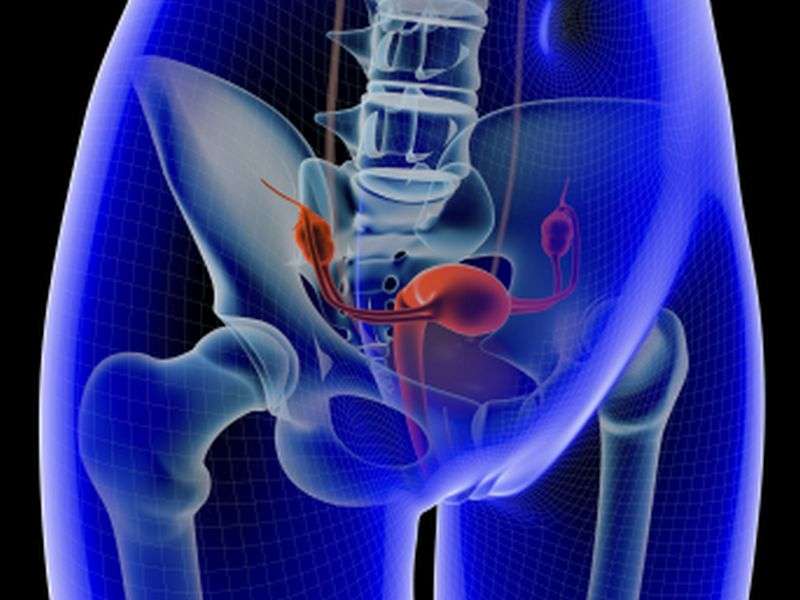Low CA risk for premenopausal abnormal uterine bleeding

(HealthDay)—Premenopausal women with abnormal uterine bleeding have low risk of endometrial cancer and atypical hyperplasia, according to a review published online Oct. 20 in BJOG: An International Journal of Obstetrics and Gynaecology.
Mary E. Pennant, from Cambridgeshire County Council in the United Kingdom, and colleagues conducted a systematic literature review to examine the risk of endometrial cancer and atypical hyperplasia in premenopausal women with abnormal uterine bleeding. Data were included from 65 articles.
The researchers found that the risk of endometrial cancer was 0.33 percent (95 percent confidence interval [CI], 0.23 to 0.48) and risk of endometrial cancer or atypical hyperplasia was 1.31 percent (95 percent CI, 0.96 to 1.80). Women with heavy menstrual bleeding had lower risk of endometrial cancer compared to those with inter-menstrual bleeding (0.11 percent [95 percent CI, 0.04 to 0.32] versus 0.52 percent [95 percent CI, 0.23 to 1.16]). No cases of atypical hyperplasia were identified in the five studies reporting the rate among women with heavy menstrual bleeding.
"Premenopausal women with abnormal uterine bleeding should first undergo conventional medical management. Where this fails, the presence of inter-menstrual bleeding and older age may be indicators for further investigation," the authors write. "Further research into the risks associated with age and the cumulative risk of comorbidities is needed."
More information: Full Text
Copyright © 2016 HealthDay. All rights reserved.

















